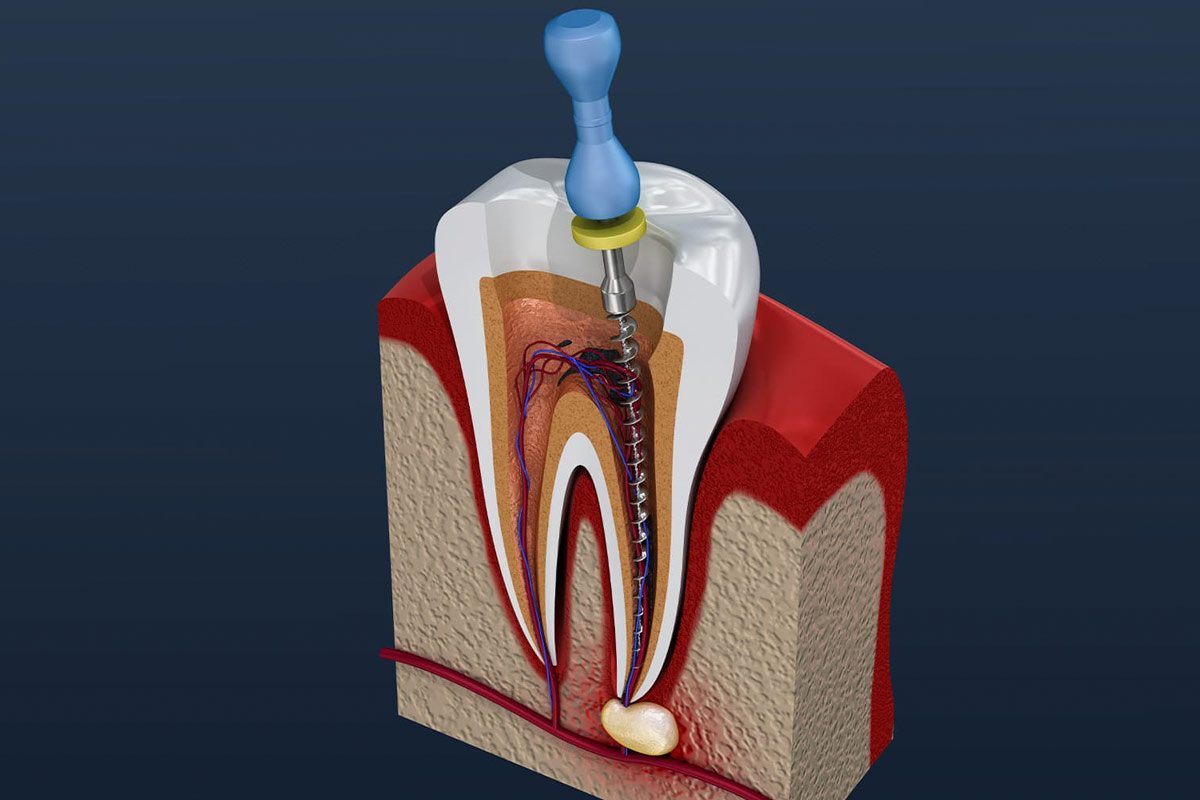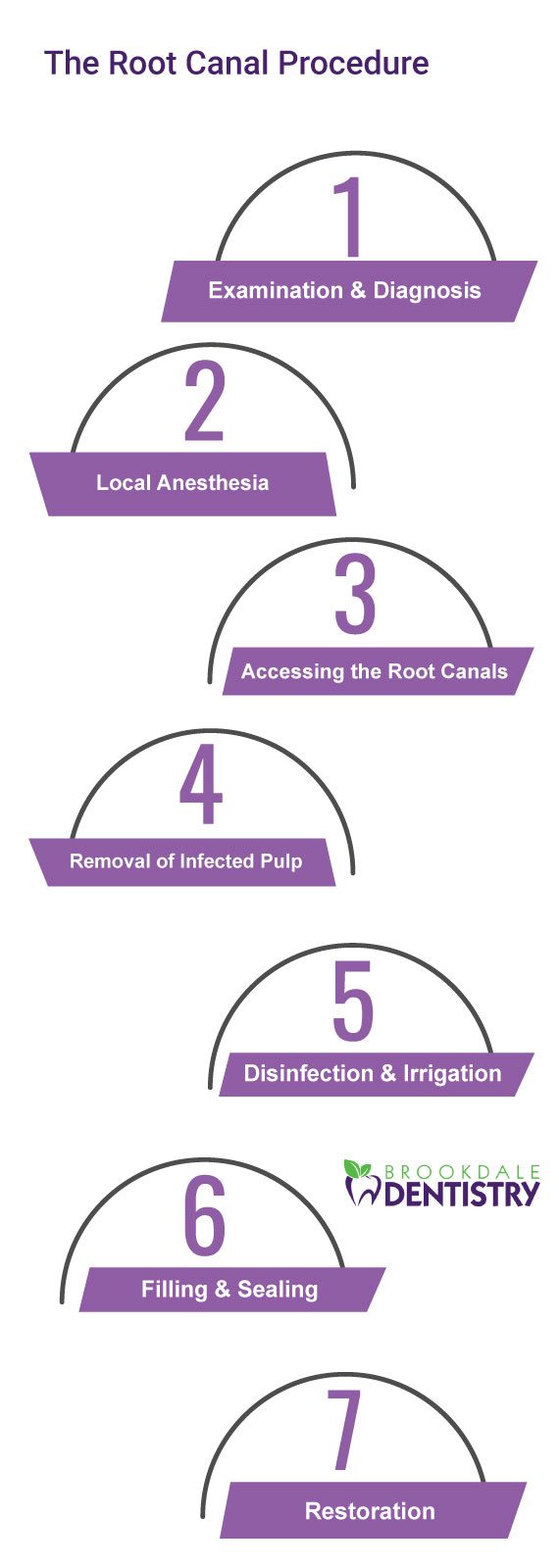We aim to offer our cherished patients comprehensive and cutting-edge dental solutions at Brookdale Dentistry on Yonge Street in Ontario. Orthognathic surgery, or jaw surgery, is a revolutionary operation that improves both appearance and functioning by correcting anomalies in the jaw and facial structure. Jaw surgery is a type of specialized surgery that fixes teeth and skeletal problems in the upper and lower jaws. These deviations may affect the way the face looks as well as the bite, speech, and overall oral function. Oral and maxillofacial surgeons and orthodontists frequently work together during jaw surgery to achieve both functional and esthetic goals.
Our talented team of oral and maxillofacial surgeons specializes in producing excellent jaw surgery results, whether treating misaligned jaws, bite problems, or facial asymmetry.
A smile makeover is a complete, custom-made dental care plan that improves your smile’s look and function. Combining restorative and cosmetic dentistry operations addresses particular flaws such as gaps, discolouration, misalignment, chipped or broken teeth, and more. A smile makeover can revitalize your overall facial appearance, enhance your confidence, and let you show off your best smile with the artistic touch of our talented dental experts. At Brookdale Dentistry on Yonge Street in Ontario, we know how important it is to have a beautiful smile, and we are excited to offer smile makeovers custom-made to your needs and goals.
When the dental pulp, the tooth’s interior, gets infected or inflamed, root canal therapy becomes necessary. The dental pulp is connective tissue, blood vessels, and nerves that aid in the tooth’s growth. When the pulp is harmed, usually as a result of extensive decay, fissures, or trauma, it can cause excruciating pain, extreme sensitivity, and even possible tooth loss. The steps in root canal therapy include removing the infected or inflamed pulp, cleaning the canals, and sealing them to stop the spread of infection.



The root canal procedure typically involves the following steps:
To assess the state of the damaged tooth and surrounding tissues, your dentist will do a thorough examination that includes digital X-rays. They will assess whether root canal therapy is necessary and go over their conclusions and treatment strategy with you.
Before the treatment starts, the dentist will give the affected tooth and the area around it a local anesthetic to numb them. This ensures you are at ease and pain-free throughout the procedure.
To access the root canals, the dentist will make a small incision in the tooth. Both the typical root canal and, in some molar situations, the rear of the tooth may accomplish this. The entry point lets the dentist properly clean the infected pulp and root canals.
Specialized dentistry tools called “files” remove infected or inflamed pulp from the root canals carefully. The dentist will clean and shape the canals to make sure they are free of infection and debris.
The root canals are extensively irrigated with an antibacterial solution to clean and drain out any leftover debris or bacteria. This lessens the possibility of reinfection and ensures the total eradication of infection.
Gutta-percha is a biocompatible material that fills the tubes after cleaning and sterilization. In order to seal the canals and stop germs from reentering, the gutta-percha fills the area where the tooth pulp was once called home. In certain circumstances, a temporary restoration, such as a dental crown, may be put in place to safeguard the tooth until it can receive a permanent one.
After the root canal treatment is over, a dental crown or other appropriate restoration is generally suggested to restore the tooth’s strength, function, and appearance. The restoration protects the tooth’s long-term durability and helps shield it from additional harm.

Root canal treatment relieves the serious pain and discomfort of the infected or inflamed dental pulp. The surgery gets rid of the pain’s cause, restoring your oral health and enabling you to smile without discomfort.
Root canal therapy is an effective way to save natural teeth that might need extraction. Keeping your natural teeth is good for keeping your ability to chew, keeping the structure of your jawbone, and avoiding the need for more extensive corrective treatments.
Root canal therapy removes the illness and stops it from spreading, protecting the teeth and tissues around it. The technique boosts general oral health and averts any consequences linked to untreated dental infections by eliminating the infection.
The damaged tooth is fixable with a dental crown or appropriate replacement following root canal therapy. You may bite, chew, and speak comfortably and confidently after this procedure, which helps to restore the tooth’s strength, functioning, and beauty.
The success rate of root canal therapy is high, and with proper care, the tooth can last a lifetime. Root canal treatments are now more effective and comfortable, requiring fewer appointments and providing long-lasting effects thanks to dental techniques and materials improvements.
Following tooth replacement solutions like dental implants or bridges in terms of cost-effectiveness is root canal therapy. You can prevent the need for future, more involved and expensive treatments by having the natural tooth saved with root canal therapy.



After undergoing root canal treatment, it is important to care for your treated tooth properly:
To have healthy teeth and gums, brush your teeth at least two times a day and floss once daily. Consider using fluoridated toothpaste and an antibacterial mouthwash in your oral care routine.
Visit your dentist regularly for cleanings and examinations. Regular check-ups enable your dentist to keep an eye on the treated tooth’s condition and supporting structures and address any issues quickly.
Avoid biting down on hard foods or objects with your treated tooth to avoid risking damage to the restoration of the underlying tooth structure.
Consider wearing a mouthguard to protect your teeth, including the treated tooth, if you participate in activities that could put you at risk for oral trauma, such as contact sports.
Brookdale Dentistry has a team of expert dentists who specialize in endodontic treatments, such as root canal therapy. They possess the information, abilities, and expertise to offer premium root canal procedures catered to your particular requirements.
The dental team at Brookdale Dentistry is aware that some patients may experience anxiety during dental procedures. Your comfort and well-being are our top priorities, and we take the time to explain the procedure, respond to your inquiries, and allay any worries you may have. We offer a nurturing and sympathetic environment to guarantee a great root canal experience.
Modern facilities and cutting-edge dental technology are available at Brookdale Dentistry. They ensure the best standard of care by utilizing cutting-edge instruments and methods to improve the precision, effectiveness, and success of root canal procedures.
Root canal therapy is only one of the many dental services that Brookdale Dentistry provides. We can take care of all of your dental needs under one roof, whether you need preventive care, aesthetic operations, restorative procedures, or other specialty treatments.

Root canal treatment is one of the most successful ways to save damaged or infected teeth. The expert dental professionals at Brookdale Dentistry in Yonge St., Ontario, adhere to offering first-rate root canal procedures that reduce discomfort, protect natural teeth, and improve oral health. When you choose Brookdale Dentistry, you can count on individualized attention, cutting-edge methods, and a dedication to your health.Call us to make an appointment right away to get started on the path to a pain-free, long-lasting smile.
A root canal is necessary when the tooth pulp gets infected or inflamed because of deep decay, trauma, cracks, or repeated dental treatments. If you leave the infection, it may progress and result in discomfort, the development of an abscess, and even tooth loss. The dentist can save the tooth and alleviate pain by performing a root canal procedure.
Consistent tooth pain, sensitivity to hot or cold temperatures, discomfort or swelling around the affected tooth, a bump on the gums that look like a pimple, and tooth darkening are common indicators that you may require a root canal. However, only a dental expert can effectively ascertain whether a root canal will be necessary through a comprehensive examination and dental X-rays.
Root canals are not necessarily painful, despite what many people think. The afflicted tooth’s surrounding area is numbed with a local anesthetic, ensuring you have little to no pain during the surgery. Modern methods and improvements in dental technology improve the comfort and effectiveness of root canal procedures.
In most cases, the only alternative to a root canal is tooth extraction. However, it’s important to note that preserving natural teeth is generally the preferred option as it helps maintain proper chewing function, jawbone structure and prevents the need for additional tooth replacement options like dental implants or bridges.
The success rate of root canals is high. Root canal treatments can make teeth last a lifetime if qualified dental practitioners carry them out and if you follow the right post-treatment care. Regular dental check-ups, proper oral hygiene habits, and prompt treatment of any dental issues can all help ensure the root canal procedure’s long-term success.
Monday: 12 – 8 p.m. (alternating weeks)
Tuesday – Thursday: 10 a.m. – 8 p.m.
Friday: 10 a.m. – 6 p.m.
Saturday: 9 a.m. – 4 p.m.
Sunday: 11 a.m. – 4 p.m. (alternating weeks)
Phone: 416-207-1021
Email: [email protected]
Address: 3280 Yonge St, Toronto, ON M4N 2L6
© 2025 Brookdale Dentistry. All Rights Reserved.